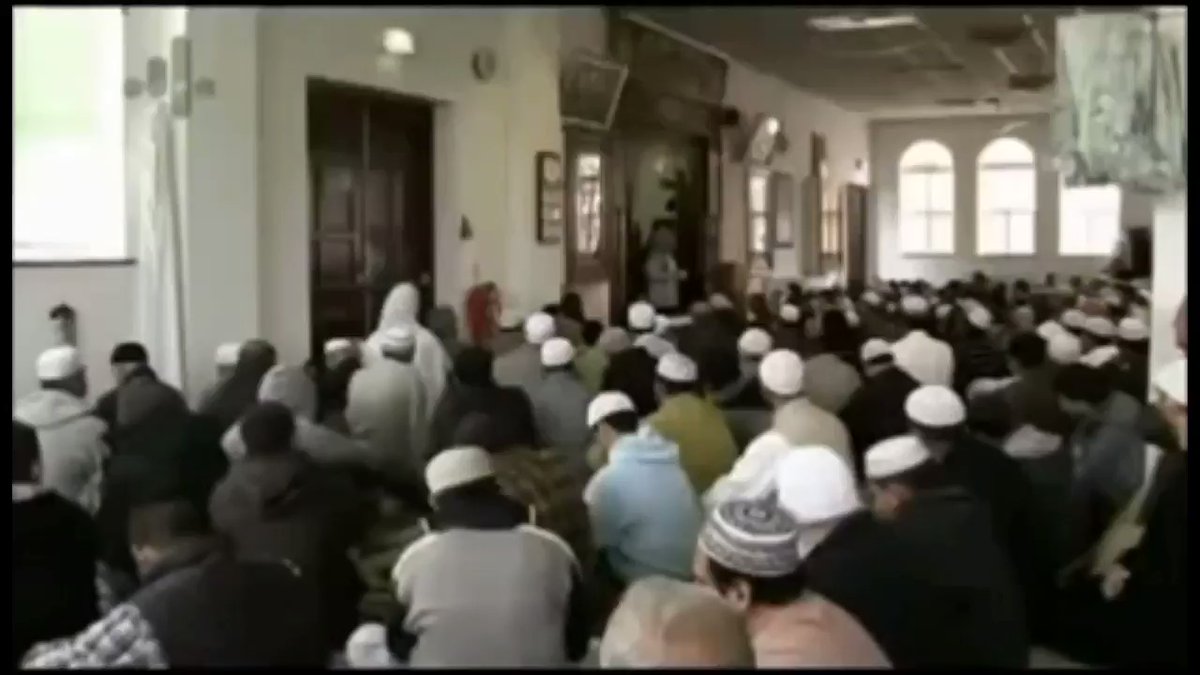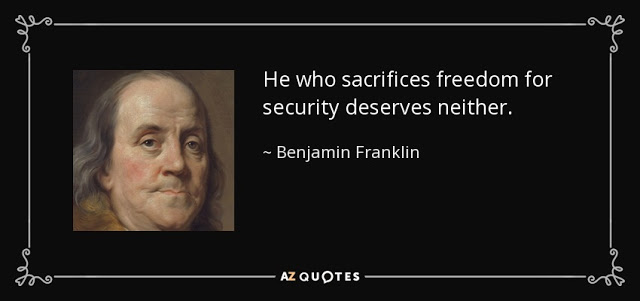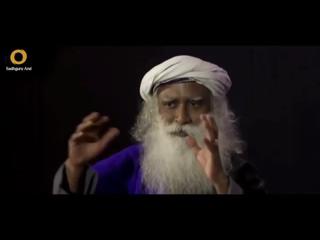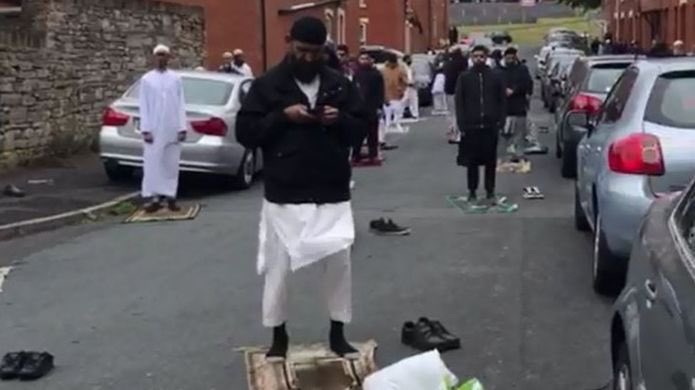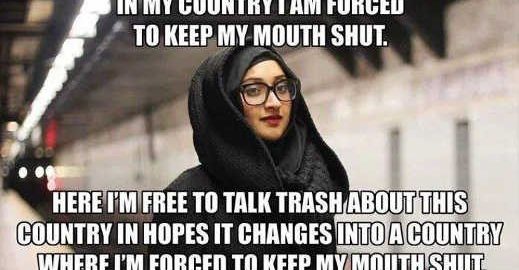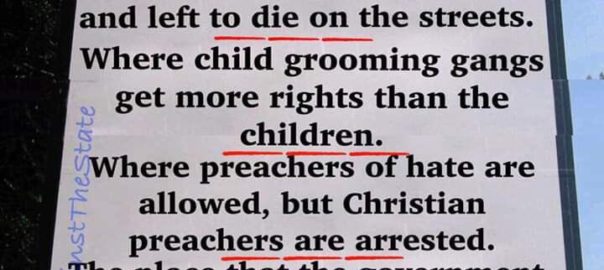Mohammed knew how to suppress reason, and he intuitively knew that by appealing to the Obsessive Compulsive trait of human psychology, it would divert the mind further and further from thinking objectively or rationally. Clearly he didn’t have an objective understanding of the mechanisms that Obsessive Compulsive principles operated on, however, he had an intuitive… Continue reading Political Islam Part 59
Tag: Mecca
Political Islam Part 58
This endless need to have to pray was clearly designed to be an all present aspect in someone’s life. It was not designed as an aid to help people go through tough times, it was designed to take over people’s lives. And the overarching goal of this, is to further prevent from rational thought. Islam… Continue reading Political Islam Part 58
Political Islam Part 57
You can say this comes from first person observation, this OCD of the masses, but it’s a distention that is worth discussion, needs more awareness, and can indeed explain much of the radicalization that spurs out of this belief system. Islam in Muslim societies is all consuming, its tentacles, penetrate all aspects of life so… Continue reading Political Islam Part 57
Political Islam Part 56
The big misconception about Islam to the west, is the space a religion is thought to typically occupy in someone’s mind. This is typically done subconsciously, without the person being aware. For most average rational people, religion is thought to exist in the margin of life. Indeed, for most that do practice it, it typically… Continue reading Political Islam Part 56
Political Islam Part 55
When Caliph Al-Mutawakkil had been killed in 861, jurists had retroactively validated his murder with a Fatwa. Eight years later, they had testified to the lawful abdication of a successor, after he had been dragged from a toilet, beaten unconscious, and thrown into a vault to die. By the middle of the tenth century, judges… Continue reading Political Islam Part 55
Political Islam Part 54
Deliberations of the Caliphates, most notably Rashidun Caliphate were not democratic in the modern sense rather, decision-making power lay with a council of notable and trusted companions of Mohammad and representatives of different tribes (most of them selected or elected within their tribes). Traditional Sunni Islamic lawyers agree that shura, loosely translated as ‘consultation of… Continue reading Political Islam Part 54
Political Islam Part 53
Al-Mawardi, a Muslim jurist of the Shafii school, has written that the caliph should be Qurayshi. Abu Bakr Al-Baqillani, an Ashari Islamic scholar and Maliki lawyer, wrote that the leader of the Muslims simply should be from the majority. Abu Hanifa an-Nu’man, the founder of the Sunni Hanafi school of fiqh, also wrote that the… Continue reading Political Islam Part 53
Political Islam Part 52
Muhammad’s closest companions, the four “rightly guided” Caliphs who succeeded him, continued to expand the state to encompass Jerusalem, Ctesiphon, and Damascus, and sending armies as far as the Sindh. The Islamic empire stretched from Al-Andalus (Muslim Spain) to the Punjab under the reign of the Umayyad dynasty. An important Islamic concept concerning the structure… Continue reading Political Islam Part 52
Political Islam Part 51
After death of Muhammad, his community needed to appoint a new leader, giving rise to the title Caliph, meaning “successor”. Thus the subsequent Islamic empires were known as Caliphates. Alongside the growth of the Umayyad empire, the major political development within Islam in this period was the sectarian split between Sunni and Shi’ite Muslims; this… Continue reading Political Islam Part 51
Political Islam Part 50
The Constitution of Medina was drafted by the Islamic prophet Muhammad. It constituted a formal agreement between Muhammad and all of the significant tribes and families of Yathrib (later known as Medina), including Muslims, Jews, Christians and Pagans. This constitution formed the basis of the first Islamic state. The document was drawn up with the… Continue reading Political Islam Part 50

